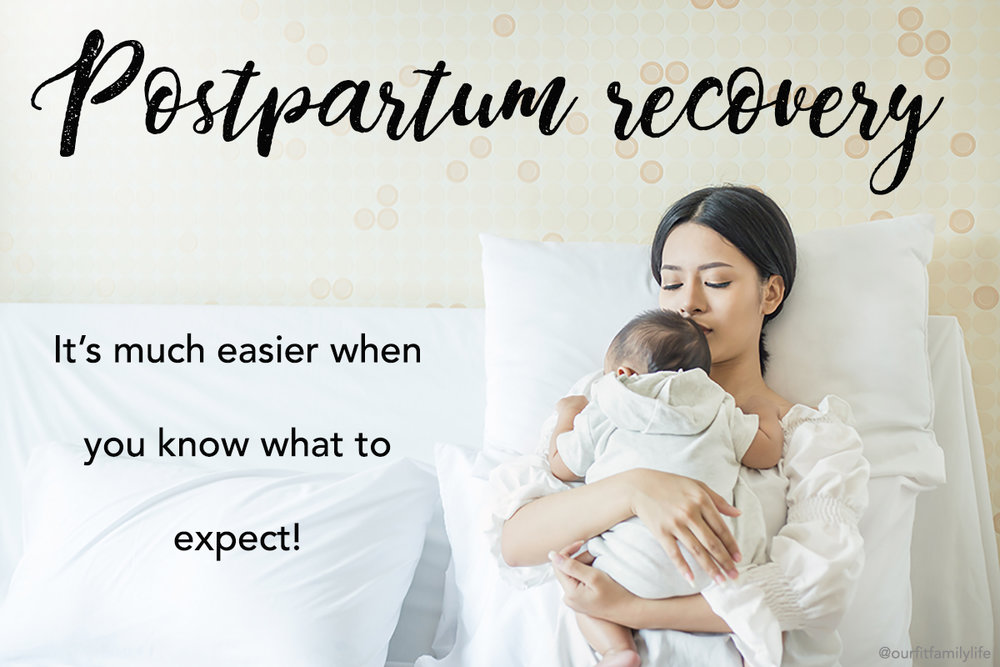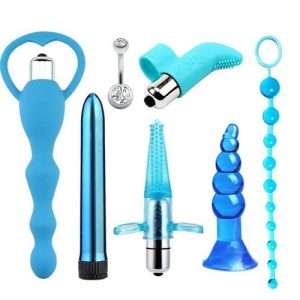
Pregnancy and childbirth put a lot of strain on the female body, both in the internal and the external body.
It also brings about physical and hormonal changes in the body, and after multiple pregnancies and childbirth, these changes are not likely to be fully reversed.
It can take up to 2 years to fully recover from pregnancy in some women, especially the physical changes in the body, and some other changes in the reproductive organs.
Postpartum Recovery Meaning
The puerperium or postpartum period is the time it takes for a woman to recover from anatomical, hormonal, and physiological changes during pregnancy and childbirth.
The postpartum period is, therefore, usually from childbirth to around 6 to 8 weeks, when the hormones, uterus, reproduction organs, and body shape are reversed to a near non-pregnant condition.
Postpartum recovery deals with the physical, hormonal, and mental recovery of pregnancy and childbirth.
A woman that has just delivered a baby, either vagina birth or cesarean should rest for at least 2 months before she starts working normally again.
Stages of Postpartum Recovery
Both the mother and the baby need a lot of rest after childbirth. Your midwife would tell you things not to do after giving birth, and postpartum recovery exercises to help you recover fast.
Postpartum recovery can be divided into 3 phases: the acute stage, the subacute stage, and the delayed postpartum period.
The acute stage lasts about 24 hours, the subacute stage lasts for 6 weeks and the final stage takes 1 year or more.
You’d also go through 3 stages of blood flow: lochia rubra, lochia serosa, and lochia alba
Can you Avoid or Prevent postpartum?
You can’t avoid postpartum symptoms like depression in most times since there would be physiological changes during the puerperium, but you can fasten your postpartum period.
Help and Support for Puerperium
The mother should enjoy the wonderful moments and the time of the puerperium.
The mother needs a lot of pads because of the blood flow, nursing pads, heating pads and ice packs, pain-relieving spray, breast pump, and milk storage bags, and others.
Many mothers still have to struggle with the after-effects of childbirth, especially in the first stage of the puerperium
The birth injuries are often still very painful and the after-birth pains affect their well-being.
During this period, ask your family or friends to help with domestic chores and other tasks so that you can have enough time to rest.
If you have any concerns related to your baby or yourself, you should call your pediatrician for help and support.
How do Recover from postpartum quickly?
To recover quickly, you need to do a sitz bath every day for 6 weeks, use Epsom salts, pain reliever, witch hazel pads, and lie a lot to help the healing process.
A slow walk on a treadmill, stretching and light exercise can help to tone your stomach muscles and get them firm to reduce pregnancy belly.
Take water regularly, eat healthy foods, try massage therapy and use skin-firming products if possible to reduce belly wrinkles after childbirth.
You can also wear a postpartum belt on your stomach after 2 months to help the recovery process.
Can I have Sex during the postpartum period?
You should talk to your husband to wait at least 6 weeks for your reproductive organs to recover before you can resume sex again. This is often called the 6-week rule.
Feeding Relationship and Bonding
To lay a good foundation for a happy breastfeeding relationship, you should devote a lot of time to breastfeeding your baby in the first few days and weeks.
Take a breastfeeding position that would allow you to rest while your baby is breastfeeding.
Don’t be surprised if your newborn wants to be eating every two hours or even every 1 hour, this is normal, and you should be able to breastfeed him.
If you’re having breastfeeding problems, you should discuss with your midwife or pediatrician to manage breastfeeding issues such as hard breasts, low milk, etc
The milk production in your breast and the needs of your baby should be prioritized in the family talk in the first few days at home.
By the time you’ve recovered from puerperium, you and your baby would have found a regular breastfeeding rhythm.
If you would prefer to give your baby formula, the same applies here that feeding should take place as the baby needs it.





